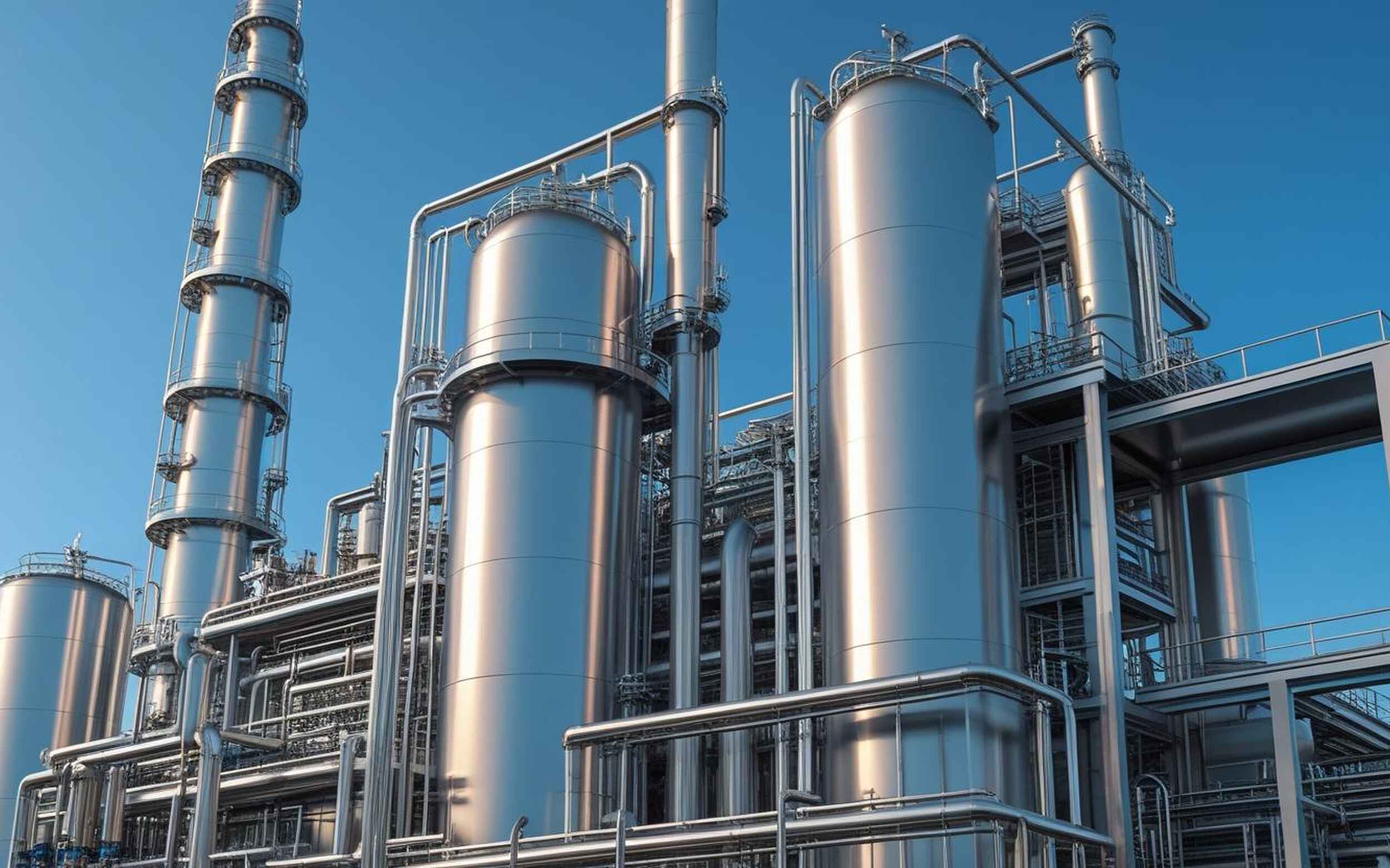E-Methanol Solutions in Bavaria

Your Partner for E-Methanol Solutions in Bavaria
For Bavaria's powerful chemical industry and its critical European logistics corridors, VIRDI develops cutting-edge e-methanol projects. We transform the state's unparalleled solar energy resources into a sustainable, liquid molecule, providing a direct path to decarbonize local industry and transport.
Secure the long-term viability of your production by switching from fossil-based to green e-methanol. We provide a sustainable, locally-produced chemical feedstock, strengthening your supply chain and meeting the demands for "Green Chemistry" made in Bavaria, especially within the Bavarian Chemical Triangle.
Decarbonize your transport routes. We develop projects to supply green e-methanol, a leading clean fuel for inland shipping on the Danube River, and a key precursor for e-fuels for heavy-duty road transport.
Establish your municipality in Bavaria as a dynamic hub for the emerging new energy economy. We plan and build the full infrastructure to locally produce and supply e-methanol, attracting long-term green investment, innovation, and future-proof jobs.
Why E-Methanol Solutions are a Strategic Opportunity for Bavaria
E-methanol is more than a fuel; it's a liquid energy carrier enabling the global energy transition. For Bavaria's high-tech economy, this creates unique strategic advantages.
A Sustainable Feedstock for a Powerful Chemical Industry: Bavaria's world-class chemical sector, centered around the "Bayerisches Chemiedreieck," relies on methanol. Producing green e-methanol locally provides a secure, sustainable raw material base, crucial for long-term competitiveness and meeting corporate ESG goals.
Decarbonizing Key Logistics Arteries: With major inland ports on the Danube and its role as a European road transport crossroads, decarbonizing logistics is vital for the state. E-methanol provides a scalable clean fuel solution for inland barges and heavy-duty trucks.
Creating Value from Unmatched Solar Leadership: The state's leadership in solar power and its strong bio-economy create a perfect synergy. We can combine surplus green electricity with local biogenic CO₂ sources to produce a high-value green product, fostering a circular economy.
A Liquid Battery for the Energiewende: E-methanol is the ideal way to store surplus renewable energy from Bavaria's vast solar farms. It converts fluctuating electricity into a stable, easy-to-transport liquid that can be used or sold anytime, enhancing grid stability.
VIRDI has the expertise to establish Bavaria as a forerunner in the production and use of e-methanol.
The manufacturing of e-methanol is a sophisticated Power-to-X process. VIRDI plans and develops the entire value chain to create a high-quality, green product from renewable electricity.
The process is founded on green hydrogen, which we produce in dedicated, co-located projects via electrolysis powered by electricity from Bavaria's solar and wind farms.
To synthesize methanol, carbon is essential. We identify and secure sustainable carbon sources, focusing on the potential of biogenic CO₂ from Bavaria's agricultural and waste-processing sectors.
Using a proven catalytic process, we combine the green hydrogen and purified CO₂ under specific pressure and temperature to produce high-purity, green e-methanol (CH₃OH).
VIRDI manages the entire project, from site selection in Bavaria and permit planning to securing long-term offtake agreements with industrial and logistics partners.
Pioneering Work for the Global Energy Markets of the Future
Proven Expertise in Complex Project Execution: While others plan, we act. Our e-methanol project in Cádiz, Spain (commissioning 2027) provides us with invaluable, real-world experience in executing large-scale Power-to-X projects.
Integrated Value Chain Control: Our expertise extends beyond e-methanol itself. We develop the upstream renewable energy projects, giving us control over the cost and reliability of the entire value chain.
Access to Global Offtake Markets: We understand the specific needs of the international shipping and chemical sectors. Our projects are designed from day one to meet the rigorous standards of these demanding global markets.
Strong Technology & Finance Partnerships: We collaborate with leading technology providers for electrolysis and synthesis, as well as with strong financial partners, to successfully implement capital-intensive e-methanol projects in Bavaria
Your Path to an E-Methanol Solution in Bavaria
We work with you to analyze your demand for green fuels or feedstocks and evaluate the strategic suitability of Bavaria as a production or logistics hub for your business.
We design a complete technical concept, identify suitable local sites and CO₂ sources, and prepare a detailed economic analysis for the project.
We conduct the detailed technical planning, manage all permitting processes with the relevant authorities, and structure the financing for the entire project.
We manage the plant's construction and secure the entire logistics chain to ensure a reliable delivery of the finished e-methanol to you as our customer.
Secure Your Access to the Green Molecules of the Future!
The availability of green fuels and raw materials is becoming a decisive competitive factor. Contact us for an initial strategic consultation and learn how VIRDI can ensure supply security for your company in Bavaria.
Frequently Asked Questions about E-Methanol
Conventional methanol is produced from fossil natural gas. Bio-methanol is created from biomass. E-methanol (synthetic methanol) is classified as "green" when it is synthesized from green hydrogen (produced with renewable electricity) and a sustainable CO₂ source. It is chemically identical to conventional methanol but is climate-neutral.
Because it is liquid at ambient temperature, it can be used in existing or slightly modified ship engines and tanks with relatively little effort. This makes it a highly practical and scalable solution for decarbonizing large vessels, including inland barges on rivers like the Danube.
Many new ships are already being ordered as "methanol-ready." Existing ships can be retrofitted to run on methanol at a reasonable cost. The port infrastructure for refueling ("bunkering") is also relatively straightforward to adapt.
To be classified as green, the CO₂ must come from sustainable sources. Ideal sources are biogenic waste streams (e.g., from biogas or wastewater treatment plants) or direct capture from the atmosphere (Direct Air Capture, DAC), which creates a closed carbon cycle.
The economic viability depends on the costs of green electricity and green hydrogen. With the falling price of renewable energy and rising CO₂ prices, e-methanol is becoming increasingly competitive. Long-term purchase agreements provide the necessary investment security for large-scale projects.